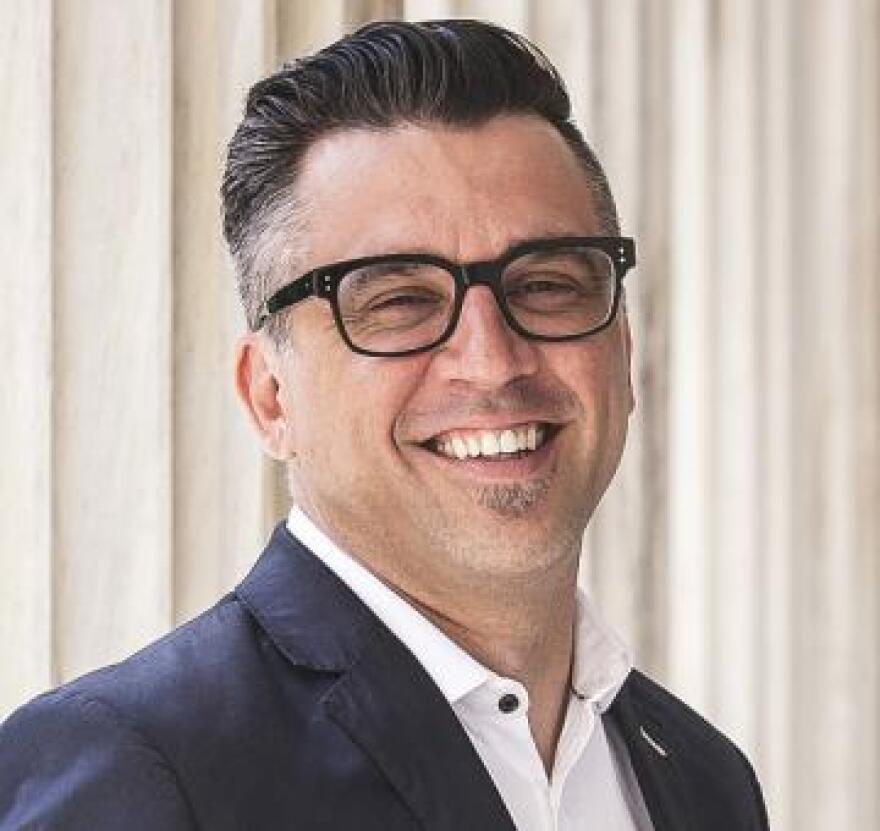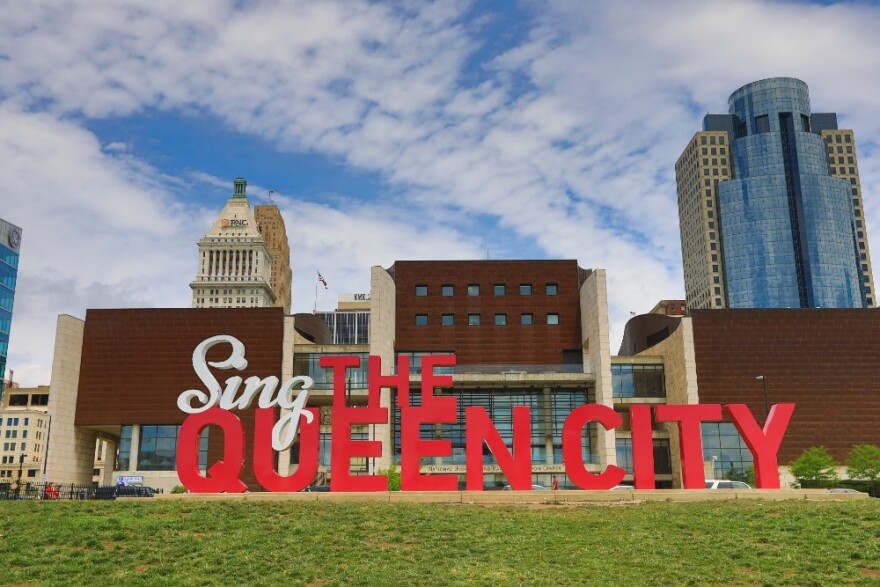Arts organizations across Ohio are lobbying local government officials to secure a share of American Rescue Plan Act (ARPA) funds. Nearly $2 trillion in stimulus money was assigned to cities across the country last year.

As the President and CEO of ArtsWave, Alecia Kintner heads an organization that helped shepherd the arts and cultural life of the Cincinnati region since the 1920s. But she said a recent performance by actor Kelsey Steele carried a vital message from the 2020s. The Cincinnati native took his act to city hall.
“He was so upset by the plight of independent artists across the country that he took it upon himself to go knock on every city council member’s door and bang the drum for artists' relief,” Kintner said. “He just made it so, so real for people who had never thought about the fact that a performing artist depends on work in order to have health insurance. He just explained the whole thing over and over and over again.”
Some city governments in Ohio are starting to hear such dollars and cents arguments for support coming from the arts and culture community, especially in the wake of the American Rescue Plan Act. For instance, when Toledo was granted a little over $180 million in ARPA dollars last year, local cultural leaders sprang into action.

“Our initial ask was for $11 million from the city,” said Marc Folk, President and CEO of the Toledo Arts Commission. Given the competition from other groups, Folk noted that request was eventually trimmed to $2.5 million.
“And the city approved the plan, which is incredible,” he said. “We've built a real, data driven case here and laid it out. We're an economic catalyst.”
Much of the data that art activists from around the state are using comes from Ohio Citizens for the Arts and a national study by McKinsey & Company that indicated that the arts and entertainment sector of the economy would likely not return to pre-COVID levels until 2025.
Northeast Ohio arts advocate Fred Bidwell said that unemployment in the arts fuels a chain reaction of job losses.
“There's a huge interaction between arts and culture and the hospitality business, which is the other sector that's been so horribly hurt by the pandemic,” he said. “Going to a show usually means going to a restaurant, and having a great arts and culture sector means we bring tourists in and they stay at hotels. This is a huge part of our economy, and the ARPA dollars are really needed.”

ArtsWave in Cincinnati has long supported regional arts and culture through individual and corporate donations. Because of that track record, both the city and Hamilton County have contracted with the organization to distribute a total of over $13 million in federal relief funds. But, part of that has involved writing relief checks to individual artists. They’ve never done that before.
“When you're a 100 years old, there's just, you know, a mindset that gets stuck,” CEO Alecia Kintner said. “But in a crisis, when these artists who are part of the creative energy of the region, all of a sudden it became absolutely our role to care about them. And that's going to change how we go forward.”
Cleveland City Council is due to consider the distribution of ARPA funds soon. The advocacy organization Assembly for the Arts plans to harness the creative energies of local artists to make a case for $10 million of the city’s $511-million allotment. This sort of strategic use of the arts as a form of persuasion brings to mind actor Kelsey Steele’s Cincinnati performance.
“It took a pandemic for a spotlight to be shown on that,” Kintner said. “I think it's up to all of us who are passionate about this to somehow turn that momentum into something lasting. It'll be interesting if we can do that.”
Copyright 2022 WCPN. To see more, visit WCPN.





